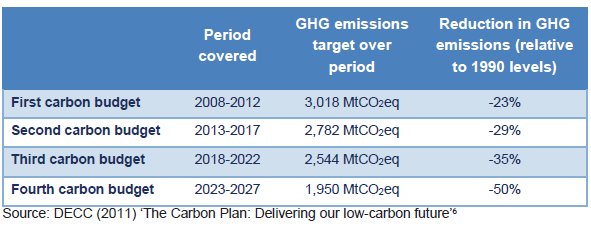Energy savings strategy would boost UK economy
Written by Mark Sait
Posted on October 6, 2014
EU energy and environment ministers are meeting today in Milan to wrestle further with the complexities of European energy policy.

Energy efficiency, together with the internal market energy security will be at the heart of the debate at the MiCo Conference Centre so it is interesting that previously unpublished figures are released today showing how a concentrated energy savings strategy would benefit the UK economy.
Independent consultancy Cambridge Econometrics’ analysis indicates a 40% cut in energy use by 2030 through efficiency measures would increase the UK’s GDP by £62 billion and create 40,000 new jobs.
This is a viewpoint that we have championed over the past year or more and the idea of economic benefits of sustainable energy strategy is central to the way we work.
The study advises that hitting a lower target of 30% would create 13,000 jobs and boost the economy by £17.3 billion.
From our point of view, there is a very significant statement in the report.
This says: “There is often a rational case for households to take up energy efficiency measures, as the derived energy savings from the installation of these measures are often greater than the upfront installation cost.
“However, studies have shown that due to a number of factors, including inadequate information and the relatively high rate at which households discount the future, these measures are rarely taken up by households unless there are significant government incentives encouraging them to do so.” (our emphasis).
Quickest payback
We have long argued that national energy policy needs to have more active strands that encourage all households and businesses to cut energy consumption and shrink carbon footprint. Our experience demonstrates that energy efficient LED lighting, together with effective water-reduction solutions, provide the quickest payback.
It is these solutions that would give domestic consumers and business quick savings and confidence to invest in further energy saving measures. But much more needs to be done to ensure that people take the energy efficiency steps that are absolutely needed to meet the range of targets on carbon reduction.
As important, energy prices will not be cut and costs of production will continue to rise so every household, business and organisation clearly needs help to reduce consumption and have more control over energy spending.
The EU energy and environment ministers in Milan will discuss energy efficiency targets as part of a raft of climate/energy goals to 2030, including increasing renewables share of the market to 27% and reducing greenhouse gas emissions by 40%.
A potentially binding 30% efficiency target has been suggested but is opposed on cost grounds and freedom of self-determination in energy policy by the UK and Poland.
Currently, the EU states have committed to a 20% market share for renewables and similar percentage emissions cut by 2020, measured against 1990 levels, as well as a 20% improvement in energy efficiency compared with 2005.
Energy bills
The consultancy’s holistic energy model demonstrates that compliance with the fourth carbon budget would push up energy bills £22 a year higher in 2030 compared to a ‘do nothing’ strategy. But savings in other areas of energy consumption would more than balance this.
For example, cars would be £266 a year cheaper to run on average by 2030, while nationally improved air quality from road transport would reduce healthcare expenditure by between £96 million and £288m.
The report concludes that when increased employment and a likely reduction in food prices from more sustainable agriculture is figured in, the average home would be around £500 a year better off.
Energy efficiency at home, at work, in public sectors and at play is the way forward. A truly effective national energy policy (and pan-European strategy) can transform the “energy economy” and guarantee the UK’s long-term growth and sustainability.